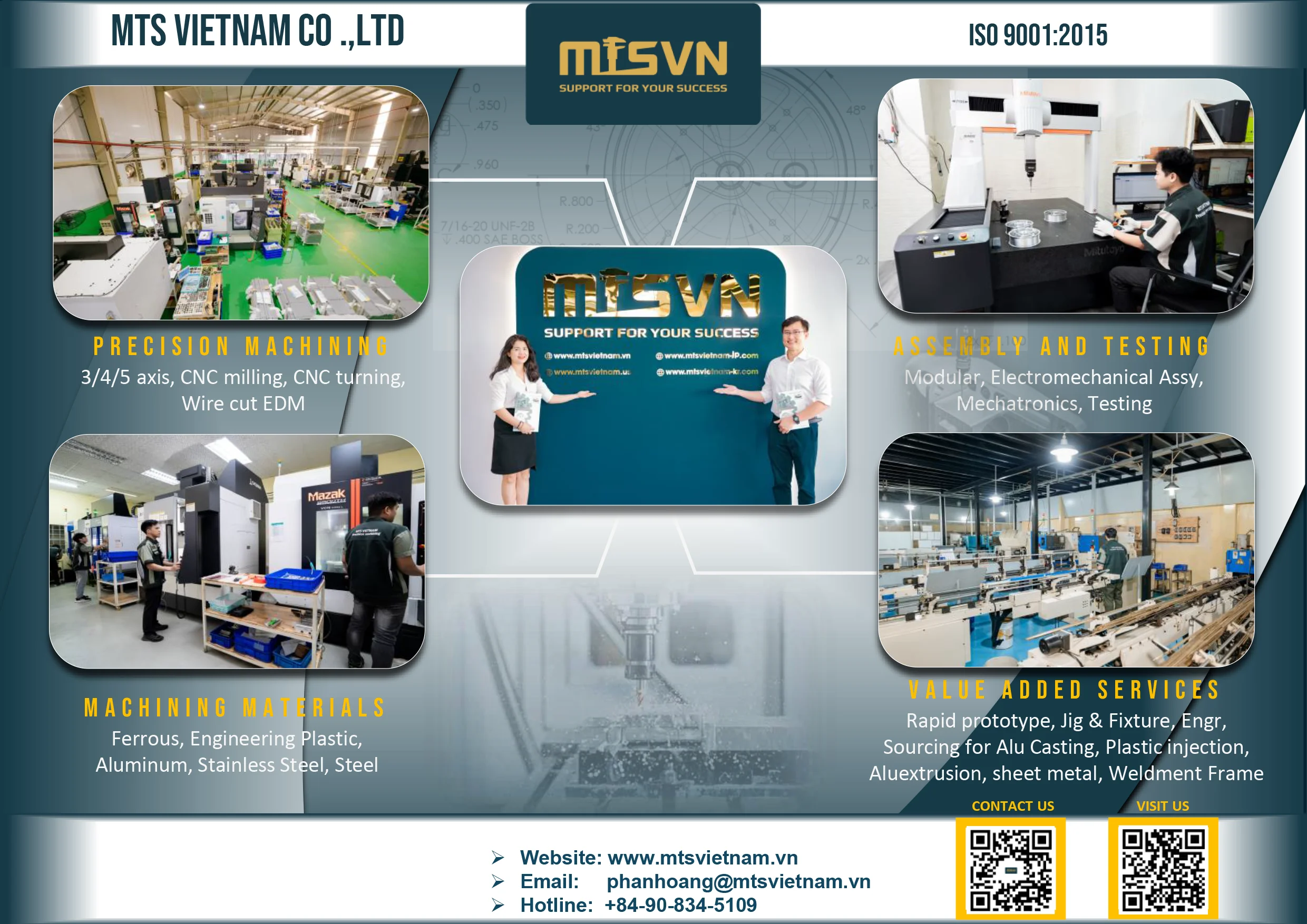The interplay of robotics and automation has fundamentally transformed industries, workflows, and daily life, marking a pivotal shift in how tasks are approached and completed. This technological synergy is not just about efficiency; it's a narrative of innovation, redefining possibilities and setting new benchmarks in precision, scalability, and intelligence in operations across the board.
The Evolution of Robotics and Automation
Robotics and automation have their roots in early mechanical inventions, but the field truly began to take shape with the development of programmable machines in the 20th century. The introduction of the first industrial robot, Unimate, in the 1960s, to perform repetitive tasks on a General Motors assembly line, marked the dawn of a new era. Since then, advancements in computer science, artificial intelligence (AI), and materials engineering have exponentially expanded the capabilities and applications of robots.
Driving Factors
Several key factors have propelled the growth of robotics and automation:
- Technological Advancements: Innovations in AI, machine learning, sensors, and computing power have made robots more intelligent, adaptable, and capable of performing complex tasks.
- Economic Efficiency: Automation offers significant cost savings over time, reducing labor costs and increasing productivity.
- Quality and Consistency: Robots excel in tasks requiring high precision and can work continuously without fatigue, ensuring consistent product quality.
- Safety: Automation can take over dangerous tasks, reducing workplace injuries.
Impact Across Industries
- Manufacturing: The most apparent impact of robotics and automation is in manufacturing, where they've revolutionized production lines, offering precision and efficiency previously unimaginable.
- Healthcare: From robotic-assisted surgeries that offer higher precision to automated laboratories that process thousands of tests with accuracy and speed, robotics are enhancing healthcare delivery.
- Agriculture: Drones for crop monitoring, automated harvesters, and precision planting robots are transforming agriculture, making farming more efficient and less labor-intensive.
- Logistics and Transportation: Automation and robotics have streamlined warehousing, sorting, and shipping operations, while autonomous vehicles promise to revolutionize transportation.
- Service Industry: Robots are now seen in roles ranging from customer service kiosks to robotic waiters and cleaners, enhancing service delivery and operational efficiency.
Challenges and Ethical Considerations
Despite the significant benefits, the rise of robotics and automation brings challenges and ethical considerations, including:
- Workforce Displacement: There's a concern over job losses as robots take over tasks traditionally performed by humans.
- Security and Privacy: Automated systems and robots, especially those connected to the internet, raise data security and privacy issues.
- Ethical Use: As AI becomes more advanced, ensuring that robots are used ethically and do not cause harm becomes increasingly important.
The Future of Robotics and Automation
The future of robotics and automation is one of continued innovation and integration. Emerging technologies like 5G, edge computing, and further advances in AI will enable new capabilities for robots, including greater autonomy, improved decision-making, and seamless human-robot collaboration. The concept of smart factories, fully automated homes, and urban environments populated with autonomous vehicles and service robots is gradually becoming a reality.
Conclusion
Robotics and automation represent a leap forward in our ability to perform tasks, create goods, and provide services. This technological partnership is reshaping our world, promising not only higher efficiency and economic growth but also improved safety and quality of life. As we navigate this evolving landscape, balancing the benefits with ethical considerations and the impact on the workforce will be crucial. The journey of robotics and automation is just beginning, with much more innovation and exploration on the horizon.
MTS Vietnam is a prominent company specializing in precision mechanical components fabrication. Established in 2017, it has quickly become a reputable name in the Vietnamese and Southeast Asian markets. The company's expertise lies in CNC milling and turning parts made from a variety of materials, including Aluminum, Steel, Stainless, POM, and other engineering plastics. MTS Vietnam is dedicated to supporting the success of its customers and strives to be a leading company in the field of precision mechanical processing both in Vietnam and internationally.
In addition to its fabrication services, MTS Vietnam offers assembly services for components and machines, as well as CNC program services. This comprehensive range of services is aimed at providing optimal solutions and benefits to its customers through the company's ecosystem and strengths. MTS Vietnam emphasizes the importance of investing in new technology and quality control equipment to ensure that it can deliver merchandise at competitive prices and within the required deadlines.
WORKSHOP: 248/10 ĐT743A Street, Binh Thung 1 Quarter, Dong Hoa Ward, Ho Chi Minh City, Vietnam
Tel/zalo/viber: 0908.345.109
Email: phanhoang@mtsvietnam.vn | info@mtsvietnam.vn
Website: www.mtsvietnam.vn (Global Market) | www.mtsvietnam-jp.com (日本)
For USA Sales, please contact MTS USA at:
Tel/zalo/viber: 978-777-1716
Email: sales@mts-usasales.com
Website: www.mtsvietnam.us (US Market)







